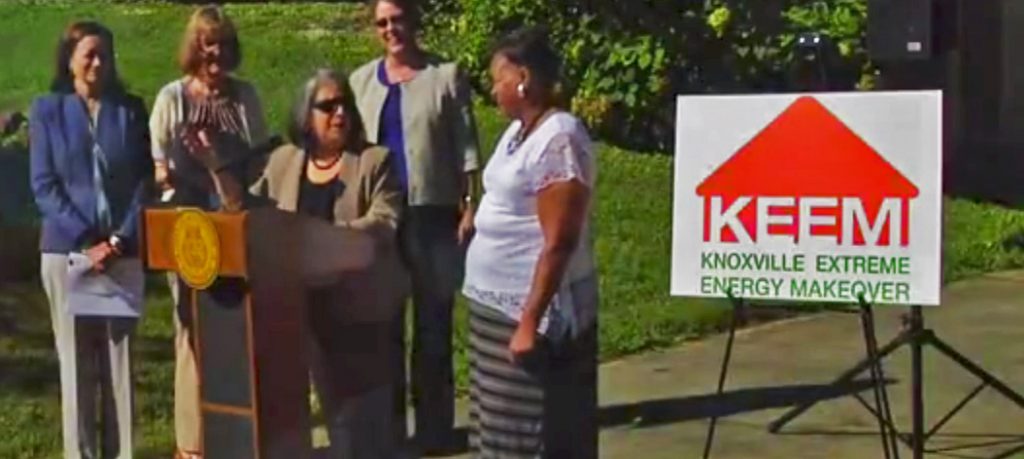Cleaning Up Coal Ash
For well over a century, power plants across the country have burned coal to generate electricity. And for just as long, leftover coal ash has been dumped in open, unlined pits near the power plant, usually located on a river or lake. Every year, U.S. power plants produce 130 million tons of coal ash, which is the second largest waste stream in the country after municipal garbage.
Coal ash concentrates the toxic heavy metals found in coal, including arsenic, mercury, lead and selenium. Stored in unlined, wet impoundments, coal ash has been leaking these toxics into our groundwater and surface waters for years. Sometimes these impoundments collapse — with disastrous results.
Yet government regulations for coal ash management are either non-existent or sparse, and there is little enforcement of the regulations that do exist. In North Carolina, this lack of oversight — and the complicity between state regulators, elected officials and Duke Energy — came to a boiling point in February 2014 when one of Duke’s coal ash impoundments spilled 39 million tons of ash into the Dan River.
Citizens living near North Carolina’s 33 coal ash impoundments — all of which have leaked — have fought for transparency from Duke and the state, and for cleanup of the pollution that threatens their property value, health and family. Their actions forced this issue into the headlines of news networks and to the forefront of environmental justice conversations in the United States.
Appalachian Voices stood with these communities as we worked for years to compel Duke Energy and the N.C. Department of Environmental Quality to excavate coal ash from all the North Carolina sites and dispose of it either in lined, dry landfills, away from waterways, or by recycling it for concrete or other uses, provided it’s done in a manner that protects public health and the environment.
On Jan. 2, 2020, North Carolina announced a historic settlement with one of the state’s most powerful corporations and polluters, Duke Energy. The settlement requires Duke to move nearly 80 million tons of toxic coal ash at six of its power plants to properly lined landfills onsite or recycle it.

Learn information about specific coal ash impoundments in the South, including health threats and safety ratings:
Additional Resources
Fact sheets, videos, links to academic research, and more
Sign Up to Act
Help us protect the health of our communities and waterways.
Latest News
Weatherizing Tennessee homes gets results
TVA is delivering millions of dollars in grants to communities in East Tennessee to start programs to help families weatherize their homes so they can stay warmer in the winter and cooler in the summer while saving money on their electric bill. People like Dorothy Ware of Knoxville.
EPA limits coal plants’ toxic discharges. Finally.
Finally, the EPA is taking action on cleaning up toxic wastewater discharges from the nation’s power plants. A new rule out this week updates standards from 32 years ago, which virtually granted license to utilities to discharge unlimited toxins into streams, rivers and lakes.
Two steps forward, one step back on coal ash in N.C.
North Carolina communities impacted by coal ash celebrated two positive strides forward recently, only to be disappointed by another fast move on the part of the N.C. Department of Environmental Quality and Duke Energy that keeps too many citizens in limbo in terms of resolving polluted drinking water.
Duke-DEQ coal ash settlement not such a great deal for citizens
CONTACT: Amy Adams, N.C. Campaign Coordinator; (cell) 252-944-6459;…
NC Residents Impacted by Coal Ash Launch Alliance
CONTACT: Sarah Kellogg, Appalachian Voices, (919) 616-0830, sarah@appvoices.org…
Citizen stories counter coal industry deception
Citizens and clean water advocates used a series of hearings on the proposed Stream Protection Rule to demand improvements to the draft version and call out state agencies for repeatedly failing to enforce regulations already on the books. Coal industry representatives, on the other hand, relied on “war on coal” rhetoric and deception to rally against the rule.








